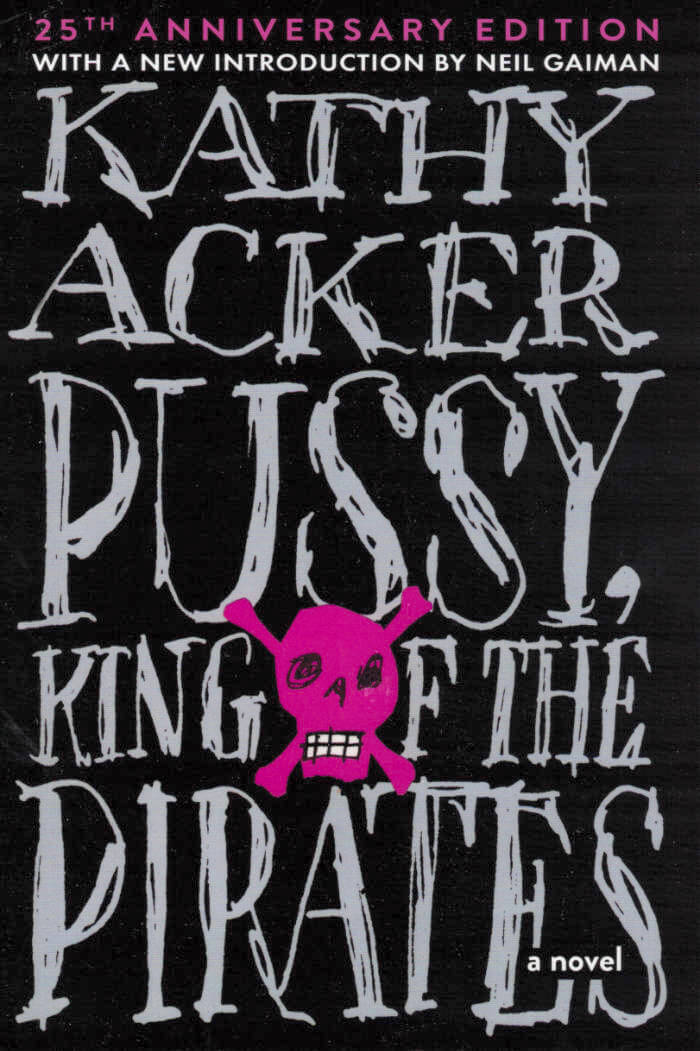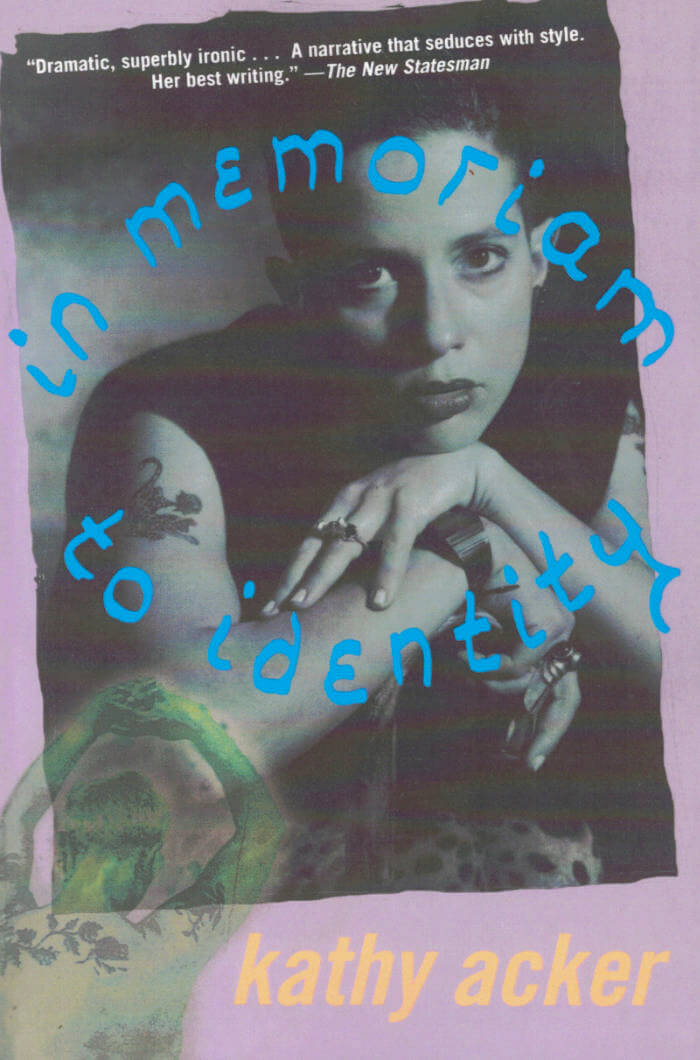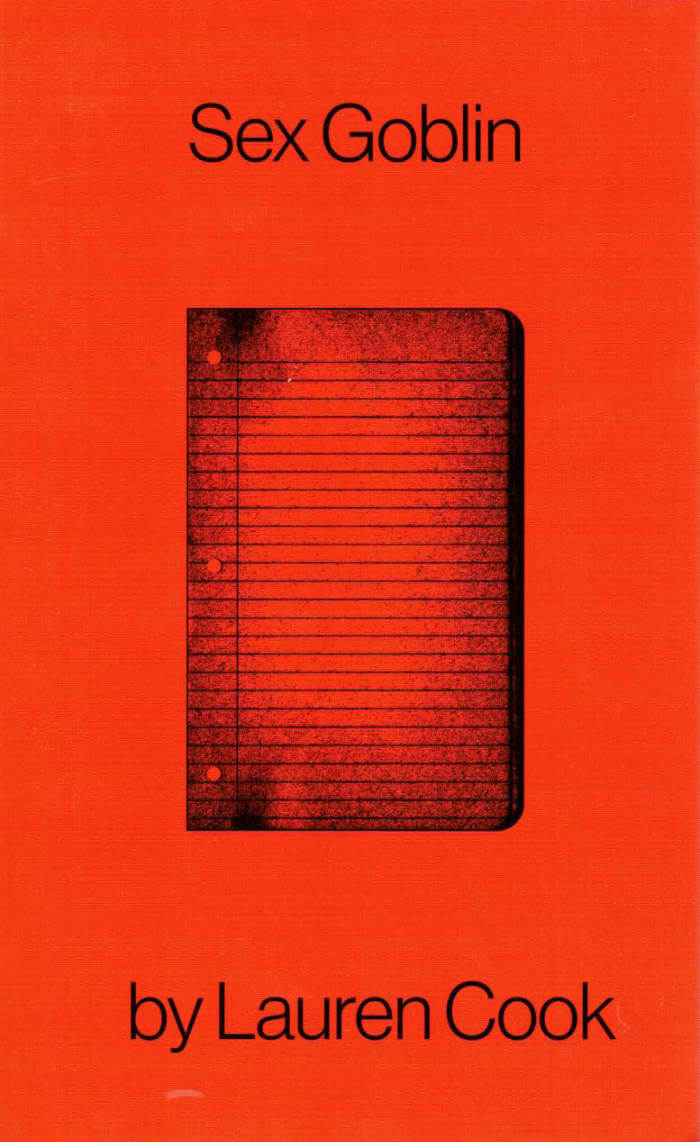
Pussy, King of the Pirates
Loosely related to Robert Louis Stevenson's classic Treasure Island, Pussy, King of the Pirates is a grrrl pirate story that journeys from the most famous whorehouse in Alexandria through an unidentified, crumbling city that may or may not be sometime in the future, to Brighton Town, England, and, finally, to a ship headed toward Pirate Island, where the stories converge and the vision ends.
Ransacking world history, literature, and language itself to speak to the current zeitgeist, Pussy, King of the Pirates is the literary analogue to the wild girl energy that dominates our rock and roll culture in the 1990s. A daring and passionate litany of disparate narratives and voices, poetry and prose, words and images, Kathy Acker's newest novel is perhaps her most subversive to date. Her meditations on love, sex, death, and art have made her a writer like no one else working today.







